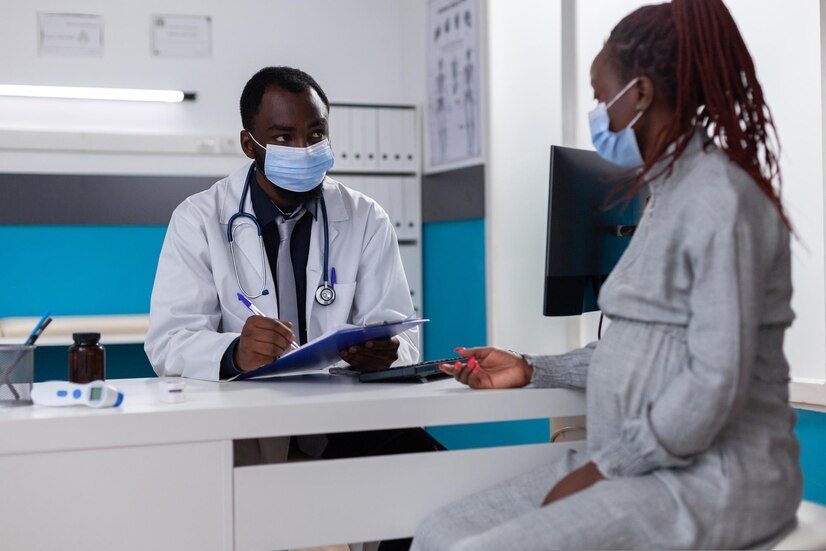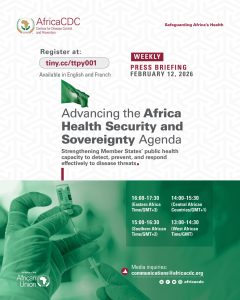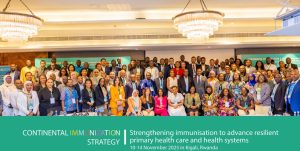Ahead of the fourth International Conference on Public Health in Africa set for Rabat, Morocco, in November, global public health experts are gathering health information that will guide stakeholders on the public health priorities of the continent.
The Africa Annual Public Health Intelligence Report (PHIR) aims to reveal the burden of diseases and health risks of Africans today, dissect Africa’s current disease outbreak profile, examine the public health solutions available, and determine the likely countermeasures required today and in the next five years.
“We have identified a deficit on the continent, which is a lack of a continental resource that shows the priority for Africa’s public health problems,” said Kyeng Mercy, Epidemic Intelligence Unit Lead, Surveillance and Disease Intelligence at Africa CDC. “Previously, what has guided investment in Africa has been what investors have seen as a priority. The African agenda is not prioritized.”
Kyeng, who is leading the programme said health experts in Africa cannot continue to talk while failing to document evidence on Africa’s health state. Global health experts, including representatives from member countries, met from 15-16 July at Africa CDC to establish priority diseases for this year and define the methodology that will be used to collect data required for the report.
“The Africa Public Health Intelligence Report will form a cornerstone for effective disease prevention and control. In such a complex landscape of public health on the continent, this report will illuminate the path forward, empowering decision-makers to anticipate challenges, define priorities and seize opportunities,” Dr. Merawi Aragaw, Head of Division, Surveillance and Disease Intelligence, Africa CDC.
The PHIR report seeks to improve understanding of the socio-economic impact of continental outbreaks and public health threats. The HIR will be used by member states’ continental and global actors for public health decisions, resource allocation, and preparedness efforts.
For each public health risk and hazard highlighted in the report, there will be recommendations for control measures, prevention, preparedness, and response measures tailored to the African context.
The agreed methodology says researchers will consult official reports from all the 55 Africa Union Member States and international public health agencies such as the World Health Organization, the Africa CDC, the US Centers for Disease Control and Prevention, the World Organisation for Animal Health, the Food and Agriculture Organization of the United Nations, and other national public health agencies.
The data gathering will extend to grey and peer-reviewed journals, conference presentations, and other scientific reports, the news media, and social media.
“We should acknowledge that there are some grey areas that we may have limited information to address; those areas will guide our research priorities in the coming years,” she said, adding: “We want this to be evidence-based, so we will be putting much effort so that science is reflected in this document”.
The report will be launched during the annual International Conference on Public Health in Africa in November.
“The report will be a game changer in how we receive investment and allocate health resources on the continent,” said Kyeng.
“To effectively address Africa’s health challenges, we must leverage the expertise of our trusted institutions and academia and bring their academic expertise to the communities,” said Professor Andrew Kambugu, Executive Director of the Infectious Disease Institute. “Reflecting on the Africa Union’s 60-year legacy, we see the value of building strong institutions. By embedding academic expertise within communities, institutions can contribute to finding lasting solutions to these challenges,” he added.







